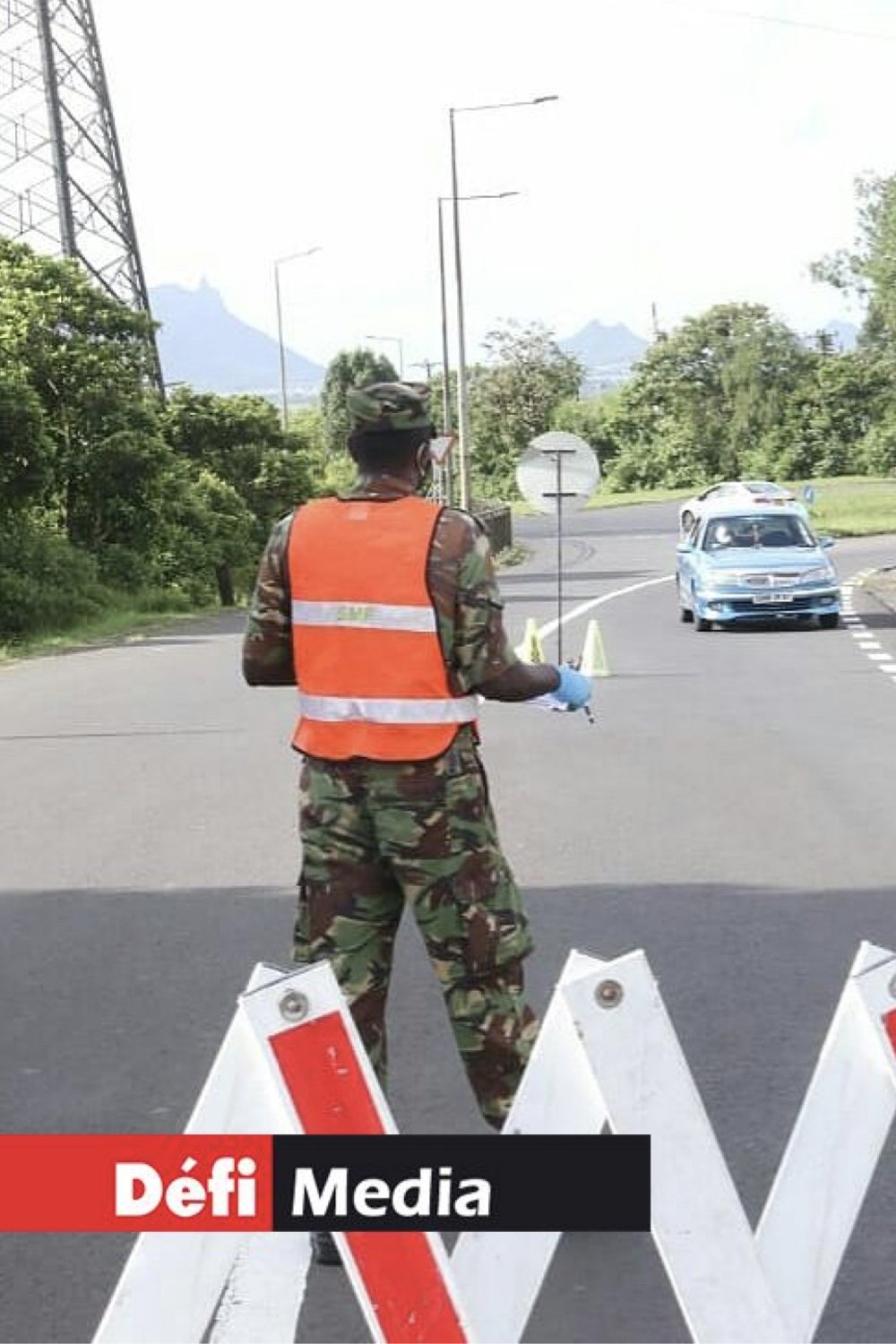This paper was initially prepared as a briefing document to support a presentation for the 64th session of the Commission on Narcotic Drugs multi-stakeholder consultation on the impact of the COVID-19 pandemic on health services for people who use drugs who are living with or are vulnerable to HIV. 8 April 2021 session on “Considering diversity and gender: Women who use drugs”. It is also shared with Women and Harm Reduction International Network (WHRIN) members as a living advocacy tool to expand gender sensitive responses to COVID strictures for women who use drugs. Many thanks to the WHRIN members and others who contributed.
Women who use drugs have been severely impacted by restrictions introduced to limit transmissionof the corona virus. Abundant accounts of escalated GBV, homelessness, barriers to health access, job loss and poverty demonstrate that pandemic conditions have added to the daily challenges for women who use drugs. Harm reduction services, generally under attuned to meeting the needs of women, have been similarly ill-equipped to respond during the COVID-19 pandemic.
Nonetheless, some examples of harm reduction service responses to COVID-19 for women who use drugs (WUD) have been identified and it is hoped their documentation will spur strengthened and scaled up reactions in additional service locations. The focus is on actual service adjustments and additions specifically targeting WUD in reaction to lockdown and other COVID related restrictions, addressing advocacy efforts separately. However it should be said upfront that there are some strong examples of advocacy and guidance specifically addressing COVID and WUD – sadly not matched by actual changes at service levels.
Method
A quick literature review was conducted and numerous WHRIN members and allied organisations were contacted directly to identify specific responses to COVID for WUD among harm reduction services. Members in US, UK, Mauritius, Indonesia, Mexico and Thailand reported no specific responses. Members were also contacted in Canada, Kenya, Ukraine and Spain. While this was not an exhaustive search, it can be taken as indicative of the global landscape on this subject. Two donors involved in supporting COVID emergency responses were also contacted but had no women who use drugs specific activity to report or did not respond.
